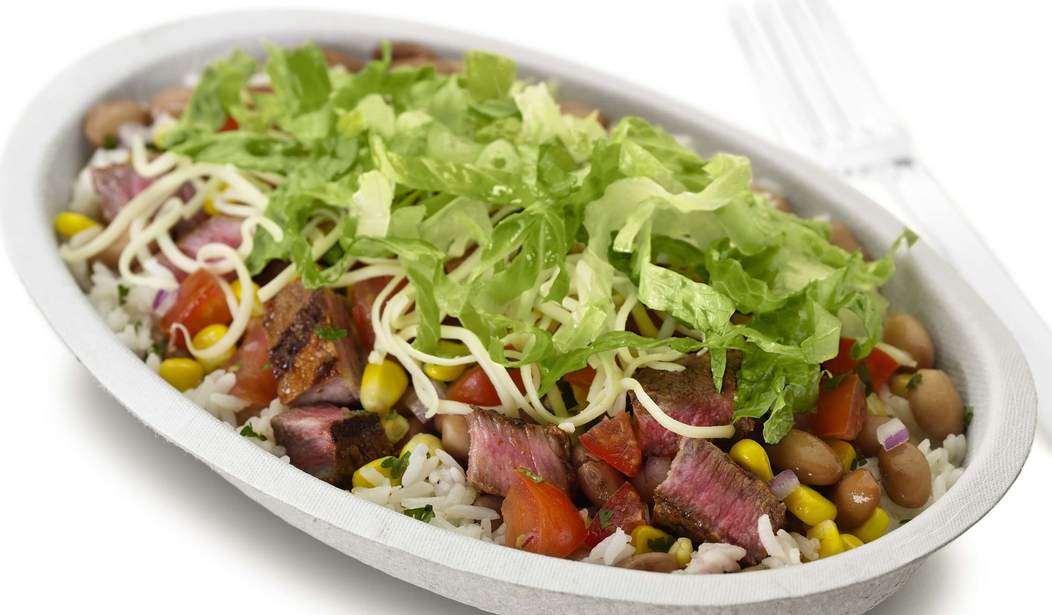Chipotle is finding out the hard way that arbitration agreements don’t always work out the way companies hope. Facing almost 3,000 arbitration cases (a number that is growing) involving employees who believe that Chipotle stiffed them on their wages, the restaurant chain is trying to block the cases.
The irony is that just a few short months ago, companies like Chipotle were cheering the Supreme Court decision that declared it legal for companies to require employees to sign arbitration agreements as a condition of employment. Dave Jamieson explains for HuffPost:
In May, the court ruled 5-4 in Epic Systems v. Lewis that it is legal for employers to require workers to sign arbitration agreements as a condition of employment. By signing them, workers agree they won’t sue the employer in class- or collective-action lawsuits. Instead, the workers will have to take any claims individually to arbitration, where they have no collective power.
Chipotle began requiring employees to sign arbitration agreements in 2014. The company did so as a preemptive strike against a 10,000-strong class-action lawsuit claiming that Chipotle forced workers to work “off the clock,” without pay. Pushing back on the lawsuit, Chipotle insisted that nearly 3,000 of those filing suit had violated the arbitration agreements they signed. As mentioned above, the Supreme Court ruled in Chipotle’s favor.
Another irony is that after the ruling was handed down, Dave Jamieson bemoaned it as “screwing thousand of Chipotle workers.”
In his article published in May, Jamieson wrote, “The decision in Epic Systems v. Lewis will make it harder for workers to band together as victims of wage theft and discrimination, and its effects will be felt in the workplace for years to come.”
Jamieson went on to add:
If Chipotle workers are carved out of their lawsuit, they could still pursue their claims in arbitration. But there’s reason to think many of them would not.
Because these workers earn low wages, their individual claims are inherently small. According to Williams, the claims range anywhere from $50 to several thousand, depending on how long one worked at Chipotle. A lawyer might take that case on if there are enough plaintiffs in a class- or collective-action lawsuit, but an individual arbitration case may not be worth the lawyer’s time. As Ginsburg wrote in her dissent, “Expenses entailed in mounting individual claims will often far outweigh potential recoveries.”
Well, flash forward just a few short months, and it appears that Jamieson’s prediction of big business “screwing” helpless employees has been proven false. Chipotle is currently being hoisted on its own petard.
Chipotle is now trying to block the flood of arbitration cases that they championed in front of the Supreme Court this past spring. The judge, though, denied the company’s request and added that Chipotle’s actions were “unseemly.”









Join the conversation as a VIP Member